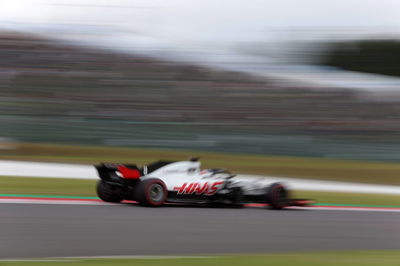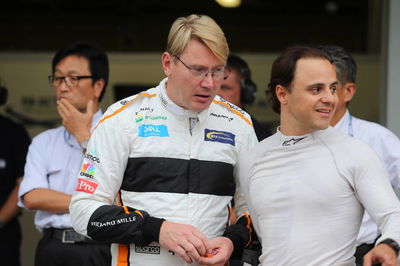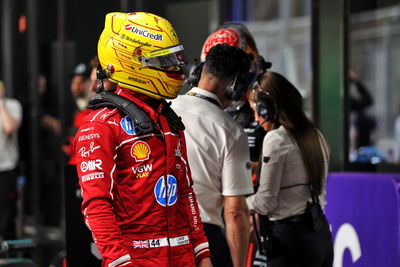Haas: Qualifying shake-up would only favour F1’s big three
Formula 1’s proposed qualifying shake-up would only end up benefitting the sport’s leading three teams, according to Haas boss Gunther Steiner.
The idea to expand the current qualifying format by introducing a fourth session for 2019 in an effort to increase excitement was floated at the latest Strategy Group meeting, though the initial proposal was voted against.
Despite the initial four-part qualifying idea being rejected for next season, F1 sporting chief Ross Brawn stressed he is eager to continue talks to improve the format.

Formula 1’s proposed qualifying shake-up would only end up benefitting the sport’s leading three teams, according to Haas boss Gunther Steiner.
The idea to expand the current qualifying format by introducing a fourth session for 2019 in an effort to increase excitement was floated at the latest Strategy Group meeting, though the initial proposal was voted against.
Despite the initial four-part qualifying idea being rejected for next season, F1 sporting chief Ross Brawn stressed he is eager to continue talks to improve the format.
Asked if he agreed with suggestions from rival teams it would benefit F1’s big three, Steiner replied: “Normally everything does. It’s like whatever we discuss, it normally always goes in that direction.
“I looked in a little bit, the intention with starting the people not getting into Q3 with free tyre choice was to shake it up. But in the end, it helped the big ones because they can go through Q2 with a harder tyre which helps them in the race.
“We again missed the target here with what they were supposed to do. If you split it up, the qualifying into 4-4-4-8, it’s not getting any better because then number seven and eight could be screwed very good, because the other ones will go anyway on the tyres which are harder.”
The current qualifying format came under fire during the Russian Grand Prix, where an unusual scenario resulted in only 10 of the 15 drivers participating in Q2 because teams either saw no benefit from running with grid penalties looming, or prioritised their tyre tactics for race day.
Steiner said he expects further discussions to take place between F1’s hierarchy and teams before an agreement was reached.
“I think nothing has been decided on that, we need to be fair on that one, we cannot critique something that has not been approved,” he added. “I think there will be more dialogue about it before it will be decided anyway.
“I think the biggest problem was as we saw in Singapore and Sochi that if you are one of the top three, you go in with the harder tyre into the race, you’ve got an advantage - already you’re 1.5 seconds faster plus the tyre advantage, you must be 2.5 seconds faster.
“They can have their own race, and we can have our own race. It’s two races.”












